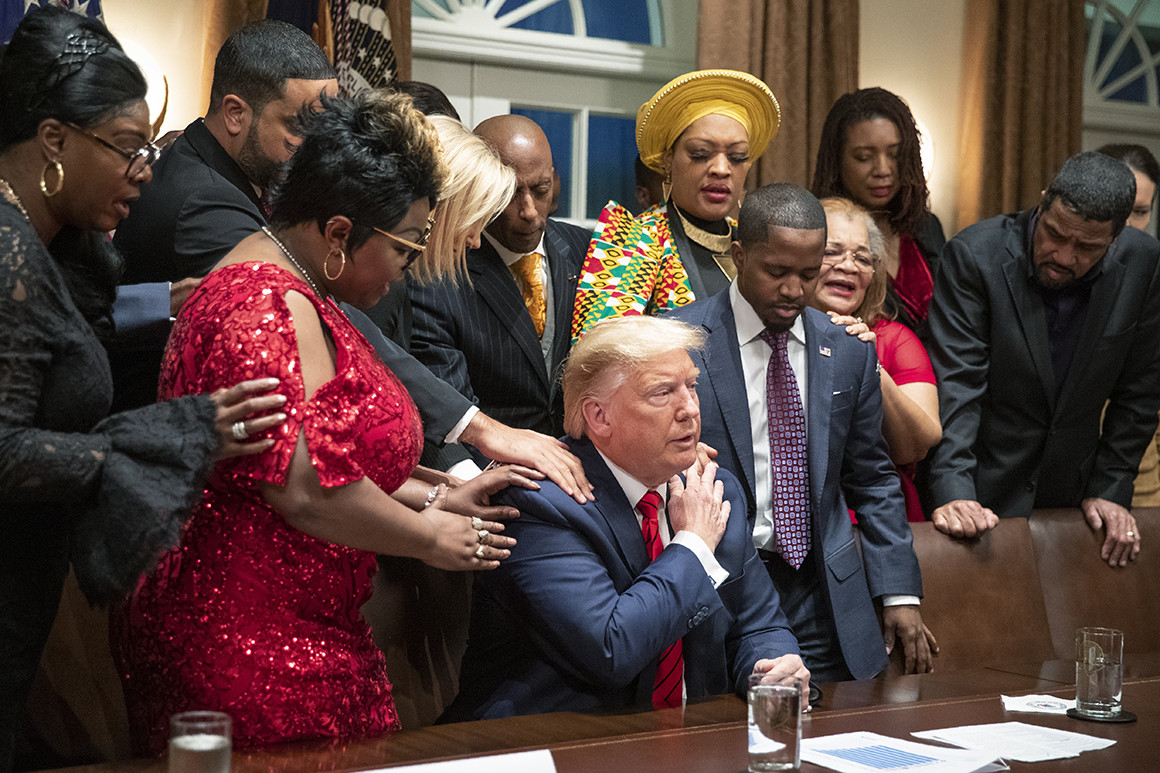(ThyBlackMan.com) The US has often been called a melting pot. Whether or not this is so ethnically, it is certainly true in the cultural sense. For example, Berry Gordy and his Motown Record Company avidly promoted cultural exchange and intermixture. Before Motown white record companies thoroughly dominated the music industry, deciding how and to what extent “race records,” the name back then for music made by Blacks, would be distributed. They even put white faces on the covers of Black albums. Motown selected, produced and marketed Black artists to the entire nation while nonetheless maintaining a large, extremely loyal Black fan base.
Motown had great influence in promoting and shaping not only Black American culture but the nation’s culture as Peter Benjaminson documents in The Story of Motown. In 1972 Gordy produced the highly successful motion picture Lady Sings the Blues based on the life of Billie Holiday, which was nominated for five academy awards. Motown’s other films include The Bingo Long Travelling All-Stars (1976) which chronicled incidents in the life of Jackie Robinson, Willie Mays and Satchel Paige when they played in the Negro Leagues.
life of Billie Holiday, which was nominated for five academy awards. Motown’s other films include The Bingo Long Travelling All-Stars (1976) which chronicled incidents in the life of Jackie Robinson, Willie Mays and Satchel Paige when they played in the Negro Leagues.
So we see that Berry Gordy made films about iconic Black figures using icons like Diana Ross whom he had helped create and rising stars (like Billy Dee Williams and Richard Pryor) solidifying their status and his own. The life and times of Berry Gordy and Motown Records have been the subject of a string of highly successful plays and films. Though Gordy did not see himself as primarily advancing Black consciousness, he took pains to present his artists and their work in the most tasteful manner and often touched on Black political themes. Bill Cosby would later move in somewhat similar fashion with The Cosby Show.
Tyler Perry made a number of films that touched on Black issues, but those that earned the most money by far dealt in Black comedic stereotype. Spike Lee took Tyler Perry to task saying, “I know that each artist should be free to do what they want. But these films are coonery and buffoonery. We can do better than that.” Perry went on to vigorously and vociferously defend his work. Lee is right. Artistic freedom is just that, artistic freedom. He is also right that much of Perry’s work is “coonery” and buffoonery, but the statement, “We can do better than that” is problematic. Who is to decide what is better and what is worse? Remember it is comedy. And so, where lies the line between acceptable and unacceptable, if there is one, and who draws it?
Staff Writer; Arthur Lewin
This talented author has just published a NEW book which is entitled; AFRICA is not A COUNTRY!.
For more articles written by this talented brother click on the following link;https://thyblackman.com/?s=lewin.




















Arthur: You have asked ” did Motown lose authenticity by purposefully trying to appeal to a ” crossover audience ? It is my informed opinion that Motown didn’t lose a thing by making this most important move. The best New Years Eve party I ever had in my life was in the city of Saigon, Vietnam present day Ho Chi Minh City, Vietnam. That party was jumping to the beat of Motown sounds. The room was filled with people from all nationalities and from many differing countries. There were Chinese, Indians,Cambodians,White people, Black people from all walks of life, and from every corner of the earth getting down to the Motown sound. I felt good walking down the streets of Saigon listening to Stevie Wonder’s ” My Cherie Amour being played on loud speakers up and down the streets of Saigon.
What in heaven’s name is the first poster whining about? In reference role models in entertainment by ethnicity would include a diverse group of men as well. At the very top of our role models of all kinds would sit inarguably, (in my opinion), the greatest, or at the very least, one of the greatest presidents in our global history, President Obama. Mr. Gordy’s creative genius and business acumen, guided and nurtured the greatest artists in global history, Diana Ross, Stevie Wonder, Marvin Gaye, Smokey Robinson, Michael Jackson, etc. Collectively, these artists belong in a Mount Rushmore-like tribute via their music, films, books, etc. Their art has made an indelible impression around the world. (I’m particularly offended by his reference to “esmasculated males” when the alpha-male persona that has gotten away with harassment and abused permanently demonstrating how wrong we were to not acknowledge their hyper-masculinity as a grave detriment).
When that poster’s personal achievements and impact on the world is so noteworthy, then and maybe then he might have some fleeting right to make his passive-aggressive assessment of others. Until that time, I proudly honor and celebrate the achievements of the men listed here as I aspire to their greatness and am forever inspired by their contributions.
Only in the “black” community do we have comedians, emasculated males and movie producers as role models. Not good.
Peter Benjaminson, nice hearing from you. I used to use STORY OF MOTOWN in my class. I look forward to the new edition. Are you in the New York area? Would you like to come and speak to a class?
Pelvo White, I agree. But is there a difference between say James Brown and Aretha on the one hand and Motown on the other? Did Motown lose authenticity by purposefully trying to appeal to a “crossover” audience?
I find these black artist most effective in their work because they have projected their artistic genius to our collective senses through the harnessed powers of sophisticated technologies to appeal to the humanistic universals present in all of mankind. Their art touches the five senses and causes us to emote from crying to laughter. We hear the sounds of their music and want to dance. Their’s are artworks that go far beyond paintings and sculptures.These black artist are on the right path and will take us far beyond the boundaries of artworks of past centuries.
Arthur – Thanks for a very interesting and thoughtful column, and thanks for mentioning my book, “The Story of Motown.” Although Grove Press first published it in 1979, Rare Bird Books will publish it in a new and revised edition next month. I thought your readers would like to know.